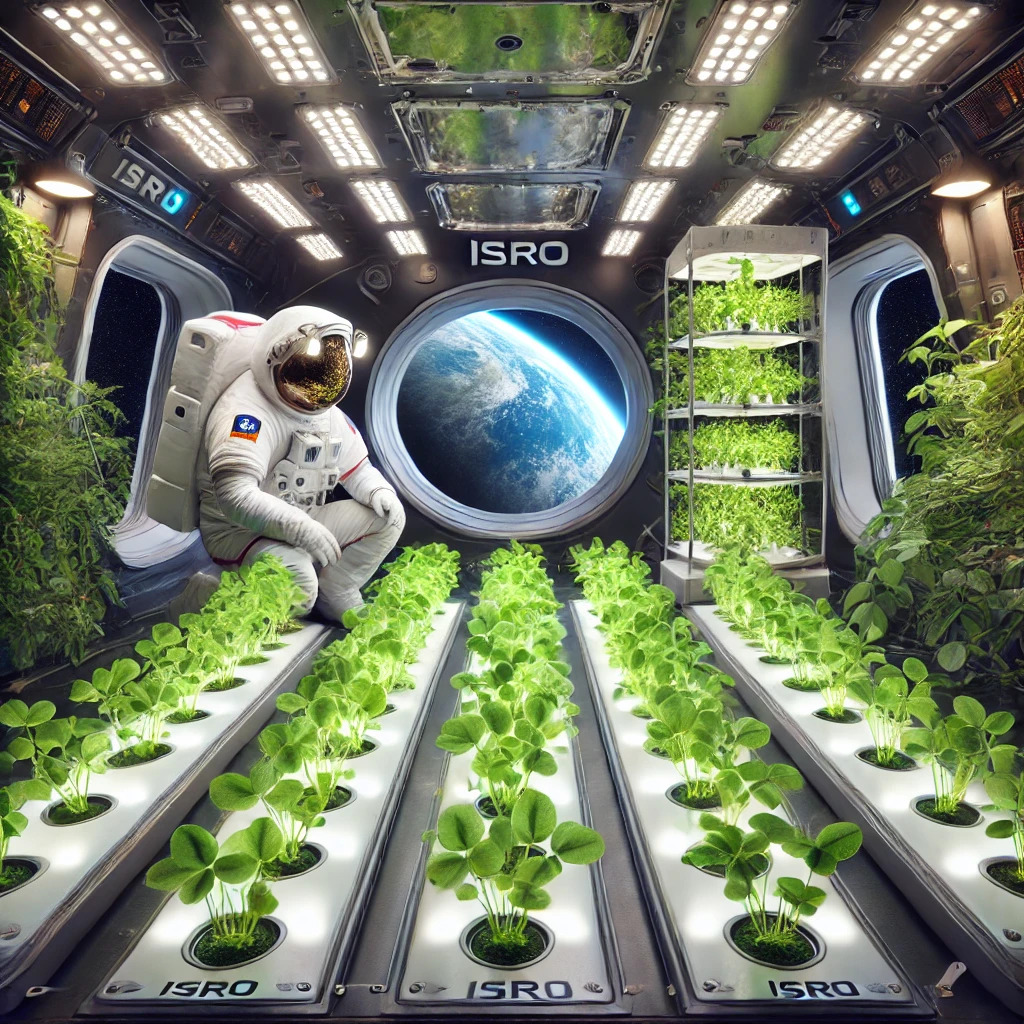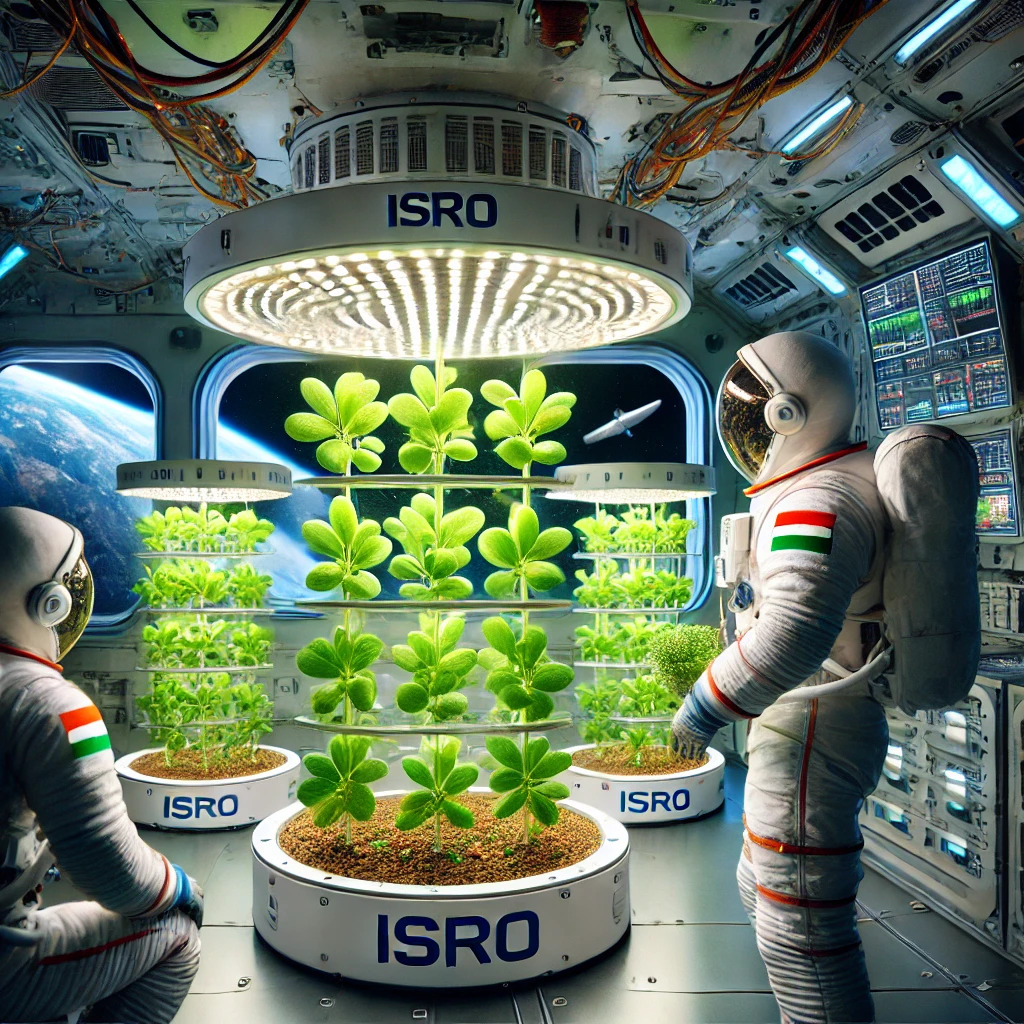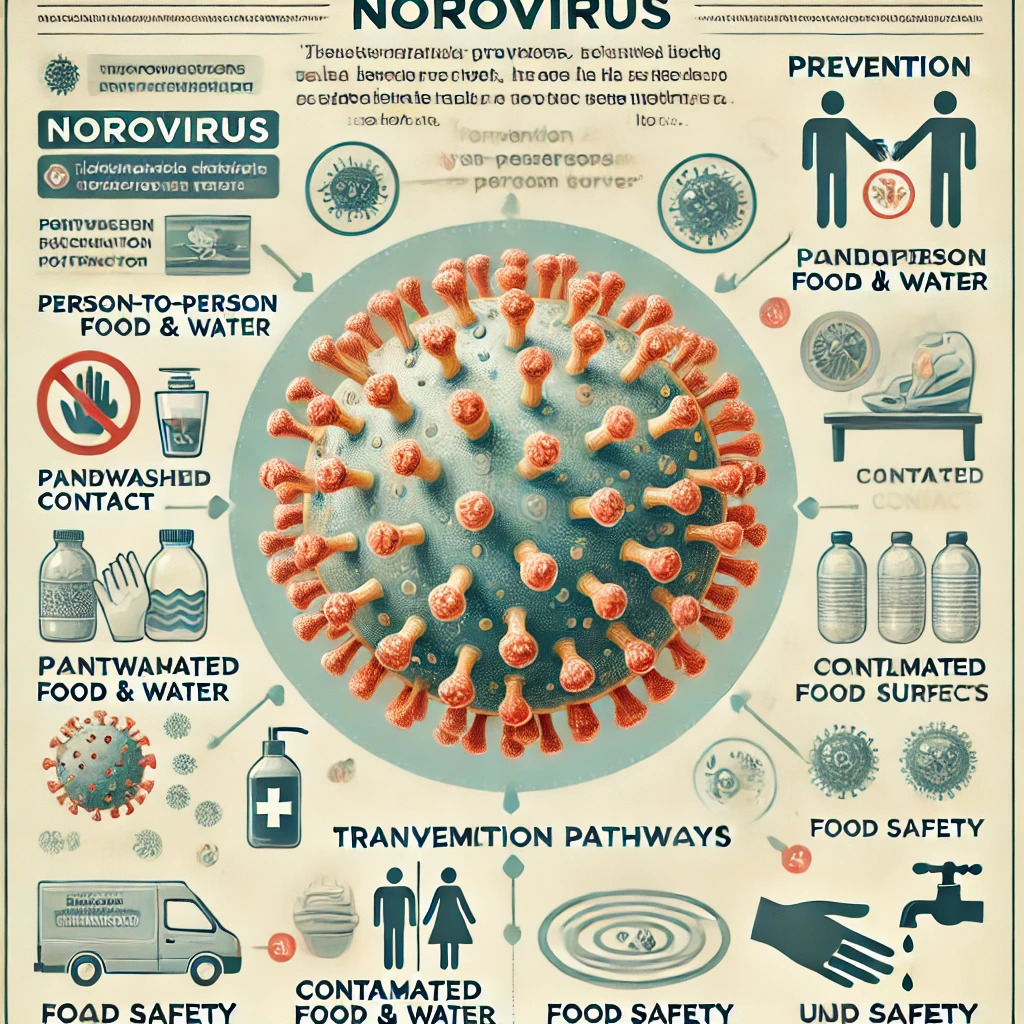In a remarkable milestone for space exploration and agricultural research, the Indian Space Research Organisation (ISRO) has successfully grown crops in space. This achievement signifies a breakthrough in understanding how plants can grow in microgravity, a vital step toward sustaining human life during long-duration space missions
ISRO Grows Crops in Space: Cowpea Seeds Sprout in Just Four Days
ISRO conducted this groundbreaking experiment aboard the Gaganyaan mission’s biological research module. Among the crops tested, cowpea seeds demonstrated astonishing results by sprouting within just four days. The experiment was carefully monitored, with seeds planted in controlled conditions simulating the microgravity of space.
This success highlights the potential of growing food in extraterrestrial environments, reducing dependence on Earth-based resupply missions for space explorers. It also opens the door to further research on crop viability in space, enabling scientists to explore solutions for food security on Earth and other planets.
ISRO’s Milestone achievement places India among the few nations pioneering efforts in space agriculture. As the world looks toward space colonization and extended missions to the Moon and Mars, breakthroughs like these bring humanity closer to sustainable living beyond Earth.
Cowpea Sprouts in Space: A Leap Toward Sustainable Space Exploration
The implications of ISRO’s success extend far beyond the immediate applications for space missions. By demonstrating the ability to grow crops like cowpea—a nutritious and fast-growing legume—in space, scientists are paving the way for a more self-reliant approach to life in space. This capability is crucial for long-term missions, such as setting up lunar habitats or traveling to Mars, where resupply from Earth may not be feasible.
Additionally, insights gained from space agriculture can directly benefit Earth. For example, research into growing crops in harsh, resource-limited environments can help improve agricultural practices in arid and nutrient-deficient regions on our planet. Techniques developed for efficient water usage, enhanced seed germination, and nutrient delivery in space could revolutionize farming in challenging climates.
#ISRO #SpaceFarming #CowpeaInSpace #SustainableExploration #FutureOfSpace #SpaceAgriculture #GrowBeyondEarth

The experiment also highlights the interdisciplinary nature of space research, involving expertise in biology, engineering, and environmental sciences. It represents a collaborative effort that combines advanced technology with innovative agricultural techniques to tackle some of humanity’s most pressing challenges.
As ISRO continues to expand its research capabilities, the potential for future advancements in space-based agriculture looks promising. Upcoming experiments are expected to focus on other crops, refining the conditions necessary for optimal growth and studying how plants adapt to prolonged exposure to microgravity and radiation.
This achievement is not only a testament to India’s growing prowess in space technology but also a beacon of hope for a future where space exploration and sustainability go hand in hand. With continued efforts, the dream of growing food in space may soon become an integral part of humanity’s journey to the stars.
Agriculture in Orbit: ISRO’s Breakthrough in Space Crop Cultivation
Looking ahead, ISRO’s breakthrough lays the foundation for a future where space agriculture becomes a cornerstone of interplanetary exploration. As the global space community aims to establish permanent habitats on the Moon and Mars, the ability to cultivate fresh, nutritious food will be critical for the psychological and physical well-being of astronauts. Fresh produce can supplement pre-packaged meals, providing essential vitamins and minerals while offering a sense of comfort and normalcy in the isolation of space.

Unlock Your Financial Potential in 2025 with Numerology
Furthermore, the success of growing cowpea seeds in space also sparks a conversation about biodiversity in extraterrestrial agriculture. Future experiments could explore a wide variety of crops, including those with high nutritional value, short growth cycles, and resilience to stress. Crops such as wheat, rice, potatoes, and leafy greens could join legumes like cowpea in upcoming trials, creating a diverse menu for astronauts.
ISRO’s achievement aligns with similar efforts by other space agencies, such as NASA’s Veggie program and the European Space Agency’s MELiSSA project. These initiatives collectively aim to close the loop on life support systems by integrating plant growth, oxygen production, and water recycling into space habitats. Collaborative research across countries could accelerate advancements, ensuring that humanity is well-prepared for the challenges of living beyond Earth.
This milestone also invites broader public interest and investment in space research. It highlights the tangible benefits of space exploration, which often trickle down to life on Earth in the form of technological and scientific innovations. Space agriculture could lead to breakthroughs in vertical farming, hydroponics, and resource-efficient farming techniques that address food security concerns for a growing global population.

Battling Norovirus in 2024
As ISRO continues to innovate, its efforts inspire a new generation of scientists, engineers, and explorers. The sprouting of cowpea seeds in space is more than just a scientific feat—it’s a symbol of hope, resilience, and the limitless possibilities of human ingenuity. It reminds us that every seed, whether on Earth or in the vast expanse of space, holds the potential to grow into something extraordinary.
With sustained focus, global collaboration, and visionary leadership, the dream of cultivating lush gardens in the harshest environments of space might soon become a reality, transforming the way humanity explores and inhabits the cosmos.
ISRO’s Groundbreaking Achievement: Growing Crops in Space for a Sustainable Future
This achievement places ISRO among the global leaders in space agriculture, showcasing India’s innovation in addressing the challenges of extraterrestrial living. By creating controlled environments for plant growth in space, ISRO is contributing to the development of self-sustaining ecosystems necessary for future space colonies.
The experiment with cowpea seeds highlights the potential to grow nutrient-rich crops in minimal time, ensuring a consistent food supply for astronauts on extended missions. This breakthrough also opens doors to exploring diverse crops that could thrive in space conditions, from leafy greens to high-yield staples.
Moreover, the technologies and insights gained from this research are expected to revolutionize agricultural practices on Earth. They could lead to advancements in hydroponics, vertical farming, and water-efficient cultivation methods, particularly beneficial for arid and drought-prone regions.
ISRO’s success in space farming is a testament to the organization’s commitment to innovation and global collaboration. As humanity moves closer to realizing dreams of interplanetary exploration and colonization, milestones like these bring us one step closer to living and thriving beyond Earth.

